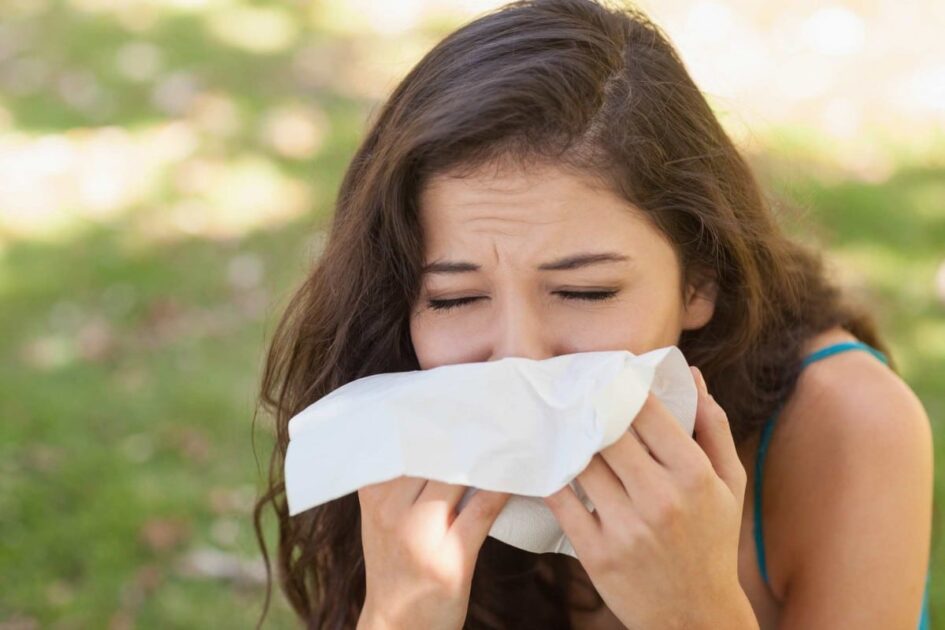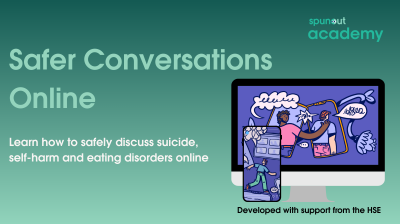Top tips for festival goers suffering from asthma and hay fever
Be prepared this festival season

Asthma and hay fever sufferers are being advised to be aware of the triggers and manage their symptoms when attending the Bloom or Forbidden Fruit festivals this coming weekend.
With almost one in three people in Ireland suffering from hay fever and over 470,000 from asthma, the Asthma Society of Ireland is advising people to be prepared in order to avoid unnecessary sneezing, wheezing and watery eyes and more importantly to avoid triggering their asthma during these events.
Pheena Kenny, Head of Health Promotion at the Asthma Society, says “We know from experience that people often forget to bring their inhalers and hay fever medication to festivals. The advice is simple: keep your inhalers with you at all times and have a back-up with you in case of loss. Make sure you and your friends know what to do in an emergency and that you know where the medical tent is located. If you suffer from hay fever, make sure you have an adequate supply of your medication and check daily pollen levels at asthma.ie’
The Asthma Society of Ireland advises sufferers when attending festivals this season:
- Be prepared: Have a plan in place to manage your hayfever and asthma and know where the medical tents are
- Remember your medication; bring a backup supply if attending a festival or event
- Eat well, avoid or reduce alcohol intake, never smoke
- Aware: be aware of the current pollen forecast, which you can check at asthma.ie
- Tell your friends about your asthma or hay fever, make sure they know what to do in an emergency
- Have an Asthma Attack card with you at all times, available at www.asthma.ie
Asthma is a chronic condition which affects almost half a million people in Ireland (470,000), with 60 – 80% of those also suffering from hay fever. Both hay fever and asthma can be triggered by an allergic reaction and many of the same allergens are known to trigger both conditions.
Possible triggers for hay fever include weather changes, pollen, moulds, dust, air pollutants such as cigarette smoke, aerosols and dry ice, exercise and alcohol – all of which are common at a festival or outdoor event. Grass pollen affects 90% of those with hay fever. A live Pollen Feed, sponsored by Dyson, is available daily from the Asthma Society of Ireland’s website www.asthma.ie .
Hay fever #Snelfie Competition
To spread the awareness about hay fever the Asthma Society of Ireland runs a competition for the best selfie of a sneeze on Instagram, Facebook and Twitter. To be in with a chance to win one of two One4All vouchers just share your sneeze selfie with the #snelfie hashtag and tag the Asthma Society (@AsthmaIreland on Twitter and Instagram, and The Asthma Society of Ireland on Facebook) by July 7th. The winner will be announced on July 15th. For more information about the competition, which is kindly supported by GSK, go to www.asthma.ie
The Asthma Society of Ireland’s free patient Asthma Adviceline offers patients the chance to ask an asthma nurse specialist confidential questions about their asthma. Call 1850 44 54 64, Monday to Friday, 09:00 – 17:00, to book an appointment with the Asthma Adviceline nurse.
What triggers hay fever?
There are more than 30 types of pollen and 20 types of spores which can trigger hay fever (seasonal allergic rhinitis).
Grass pollen is the most common (in particular Timothy grass). Tree pollen can also cause problems, in particular elder trees, horse chestnut, hazel and most commonly birch. Weeds like plantains, mugwort, nettles and docks are triggers, as are wind-pollinated flowers, for example the daisy family.
Spores are also produced by fungi (for example mushrooms) and moulds (for example compost heaps). Moulds can also be the fungi that grow on decaying food, dead leaves and walls and windows in damp houses. They produce millions of spores which float about in the air and provoke allergic reactions.
For some people, symptoms are triggered by just one or two of the above and others are affected by more.






